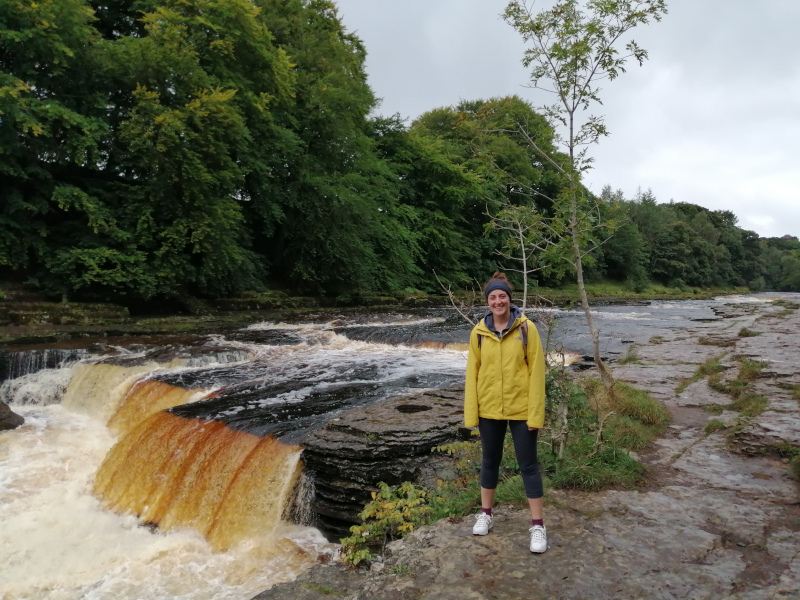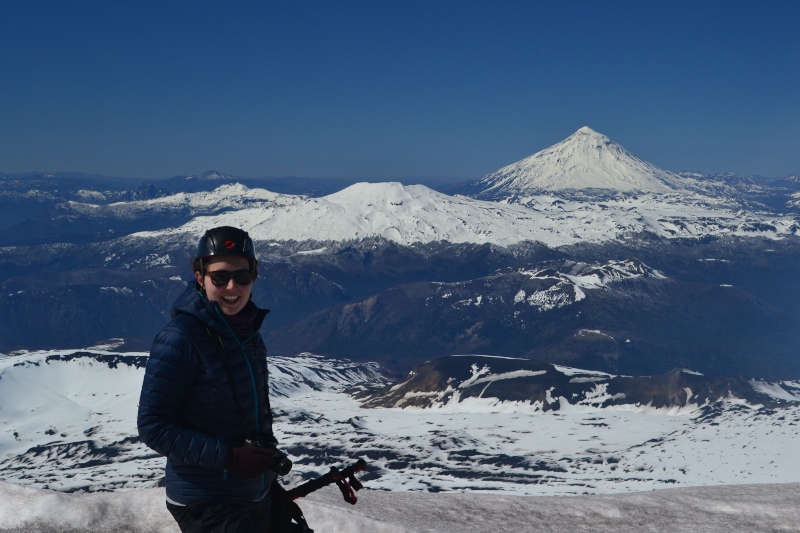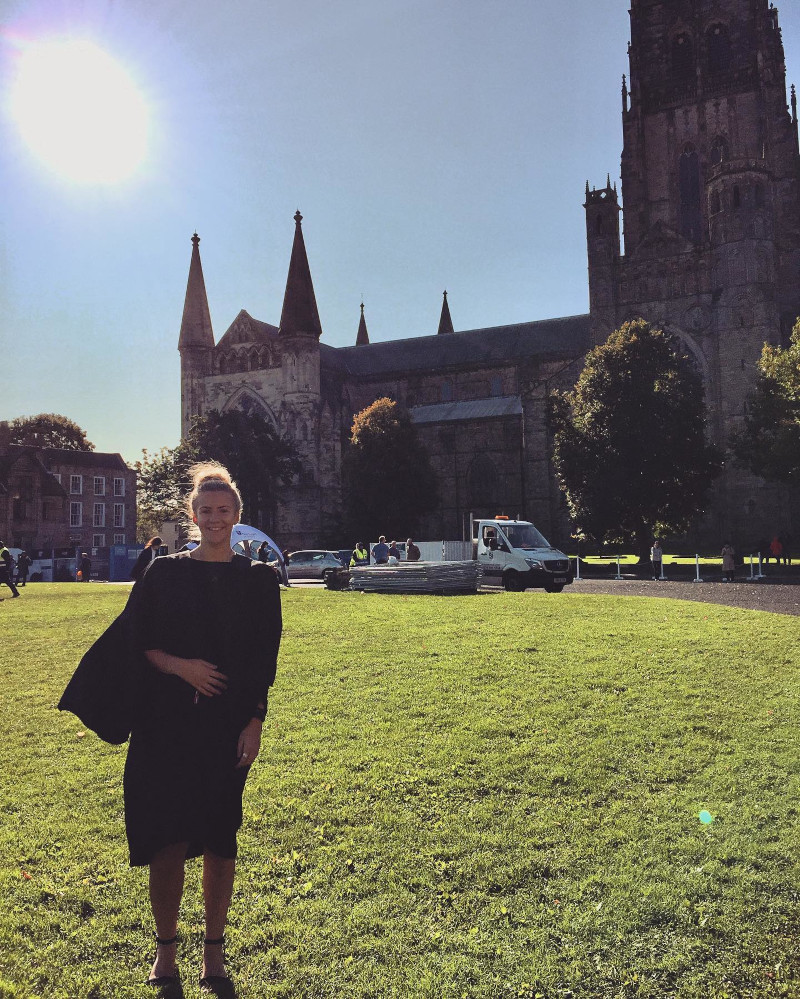Careers and Employability
Our graduates have gone on to a range of exciting and fulfilling careers in sectors such as environmental agencies and consulting companies, industry, scientific journal editorial roles, teaching roles, and further academic research. Supervisors and department mentors provide support and advice about further career steps. The University also has a dedicated careers center that provides support for postgraduates in their final year in considering options for the next stage of their career. Below we highlight the path that some of our recent PGs have taken after leaving Durham.
Recent Graduates
Elizabeth Atar - 2014-2019
During my PhD, I used geochemistry, sedimentology, and climate modelling to investigate the climate controls on the carbon cycle during greenhouse conditions. I paused my PhD twice to undertake industry internships, where I learned the value and impact that applied research can have in the real world. Shortly after submitting my thesis (March 2019), I joined the University of Bristol as an Honorary Research Associate where I used climate model simulations to investigate the controls that differing orbital configurations exerted upon greenhouse climate conditions in the Late Jurassic. In September 2019 I joined bp as a petroleum systems analyst. In this role, I use geochemistry, sedimentology, and basin modelling to characterise fluid flow in the subsurface and heat flow in basins across the world; this has broad applications to the energy sector from hydrocarbon extraction and carbon capture, utilisation, and storage (CCUS) to geothermal projects. My job is thoroughly rewarding because I learn something new every day and also have the opportunity to use the skills and knowledge I acquired during my postgraduate study to solve real-world challenges associated with the energy transition.

Erin Scott - 2015-2018
“I am a geologist and igneous geochemist fascinated by plate tectonics. For my PhD at Durham University (2015-2018), I studied the uplift and tectonics of the Andean mountain belt, particularly by tracking changes in the geochemistry of Andean magmatism over time. The best bit about my research was the fieldwork – I was lucky enough to be able to travel all over the world, either as part of my own research, or for teaching on undergraduate field trips. During my field work to Chile, we travelled to the very remote Atacama mountains to hunt for outcrops of old volcanic rocks in the desert – reaching elevations over 4000 m!
I have now started an editorial career at Nature Communications in January 2019 handling primary research articles in the subject areas of tectonics and geochemistry, I then moved to Nature Reviews Earth and Environment from September 2020 to commission and manage the Review and Commentary articles across their Solid Earth content. As a professional editor, you are exposed to a broad array of incredible science every day – learning and reading about aspects of science that you might never be exposed to in a research career. There is still plenty of opportunity to travel too, by attending international conferences and visiting leading universities. If you are a PhD student or postdoc who loves reading papers beyond your specialist subject area and a passion for science communication, then an editorial career might be for you!”

Alice Page - 2019-2020
“I studied my MScR in Volcanology at Durham 2019-2020, and my research focussed on detection and characterisation of distal volcanic signatures in stalagmites. I loved every part of my project, and the intrigue/passion I have subsequently gained for forensic volcanology will definitely be carried into my PhD work (starting in October 2020 – studying volcanic mercury signatures in lake sediments). Durham has been a beautiful city to live and work in, however what really stands out for me is the sense of comradery amongst the staff, post-docs and students in the Earth Sciences department. My MScR was abruptly turned on it’s head 6 months into the 12 month course, as we all went into lockdown due to the COVID-19 pandemic. However, not once did I feel disconnected from the department and the people in it. Weekly meetings with my research group (VolcCoffee turned VolcZoom!) were a great way to reconnect with everyone, my supervisors always went above and beyond to support my work, and Andy (Head of Dept.)’s emails never failed to make us all smile every Friday! I believe this department is unique in this sense; you really feel you are part of a close-knit team of like-minded, ambitious, inspiring, and knowledgeable individuals.
During my time with Durham Earth Sciences, in spite of some unprecedented obstacles, I learned and achieved more than I ever thought I could as an MScR student – and for that I will be forever grateful. For those thinking about studying here, or who are about to start, it will be one of the best decisions you make. It certainly was for me!”



/prod01/prodbucket01/media/durham-university/departments-/earth-sciences/60228-1998X749.jpg)